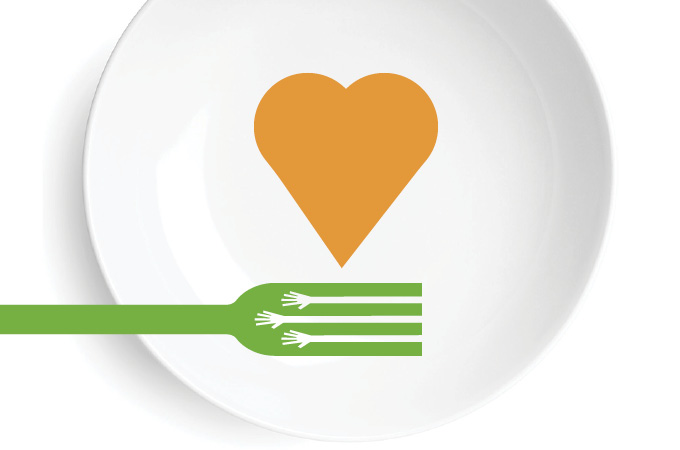Food is essential, but it means different things to different people. For some, it’s a way to make a living; for others, it’s simply something to enjoy. And for millions around the world, it’s something they can’t get enough of. For all of these reasons, two local nonprofits have found innovative ways to serve the regional and global community through this basic necessity.
more than enough academy
Cindy Breth knows a thing or two about finding the right person for a job. As co-founder of the Martin-O’Neill Group, she has decades of experience as a professional recruiter, and now, she’s using her knowledge and connections to create opportunities for women struggling with employment. She founded More than Enough Academy, a nonprofit that empowers marginalized women to find careers through culinary training.
“It’s a skill set that is very much needed,” Breth says. “Online, there are hundreds of job openings for line and prep cooks, and that number is only going to increase.” The nonprofit offers an eight-week culinary training program designed and led by executive chef Susie Judy. The curriculum covers a variety of basic cooking principles, including kitchen sanitation, knife work, and proper meat and poultry preparation. To participate, candidates only need to have a high school diploma or GED and be physically able to work in a kitchen.
More than Enough Academy partners with more than 60 organizations to reach women facing employment challenges, including veterans and those living in domestic violence shelters, and it directly helps participants find employment. After completing the course, they are assigned paid internships that include continued mentoring from Judy. “The hope is that our graduates will be hired to full-time positions through these internships,” Breth says. “We’ve been fortunate to find businesses who want to partner with us and offer employment opportunities.”
This year, the academy had 31 students, and it hopes to grow enrollment to 50 in 2020. It also is looking at developing a program to work with teens who are at risk. “We can offer them skills and tools that are useful even if they don’t pursue a culinary career,” Breth notes. Classes currently are held at Oasis International, and she hopes to find additional sites. “Accessibility is a big issue for the women who would benefit most from our program,” she says. “We’ve seen some great success, and we’d love to be able to extend the opportunity to more people.”
Photo courtesy of More Than Enough Academy
oh! coffee
On a trip to South Sudan more than 15 years ago, St. Louisan Pat Bradley witnessed the tragic results of genocide in the region. “I knew I had to do something,” he says. He started with handing out 2-pound bags of rice, and from there, his locally based nonprofit, Crisis Aid International, grew to support more than 2.4 million people through its local and global relief efforts. To make its projects possible, Bradley has brewed up something special—quite literally. He recently launched OH! Coffee, a brand of single source, certified organic beans grown in Yirgacheffe, Ethiopia; 100% of the profits go toward Crisis Aid’s initiatives.
The endeavor was inspired by Bradley’s encounter with a man who brought his 4-year-old daughter to one of the nonprofit’s feeding programs. Unfortunately, it was too late for the girl, and she passed away in the hospital a few days later. She was the third child the man had lost to starvation. “It led me to start asking better questions,” Bradley says of the experience. “How could we do more to make sustainable change in east Africa and prevent children from reaching that point?”
He knew the right product could help locals find employment as well as fund Crisis Aid programs. Bradley found the solution in one of the few industries in Ethiopia: coffee farming. The organization helps locals adopt better growing practices and market the product. “Some of the best coffee beans in the world are grown in the region, but many farmers are relying on old, diseased trees,” he says. “We want to help them turn the situation around with new trees and techniques.” To roast the beans, the organization partners with Kickapoo Roasters, a Wisconsin-based company known for its commitment to farmers. “They pay over market price for beans, so coffee farmers can earn sustainable wages,” he notes.
Crisis Aid has purchased 6 acres in east Africa to build a new medical clinic and a dairy facility that will provide much-needed milk and new jobs, and there are plans to establish a coffee farm on the land. The proceeds for OH! Coffee sales (ohcoffee.org) also will support initiatives in the U.S., including here in St. Louis, like supplemental food programs and housing for victims of sex trafficking.
Photo courtesy of Crisis Aid International
